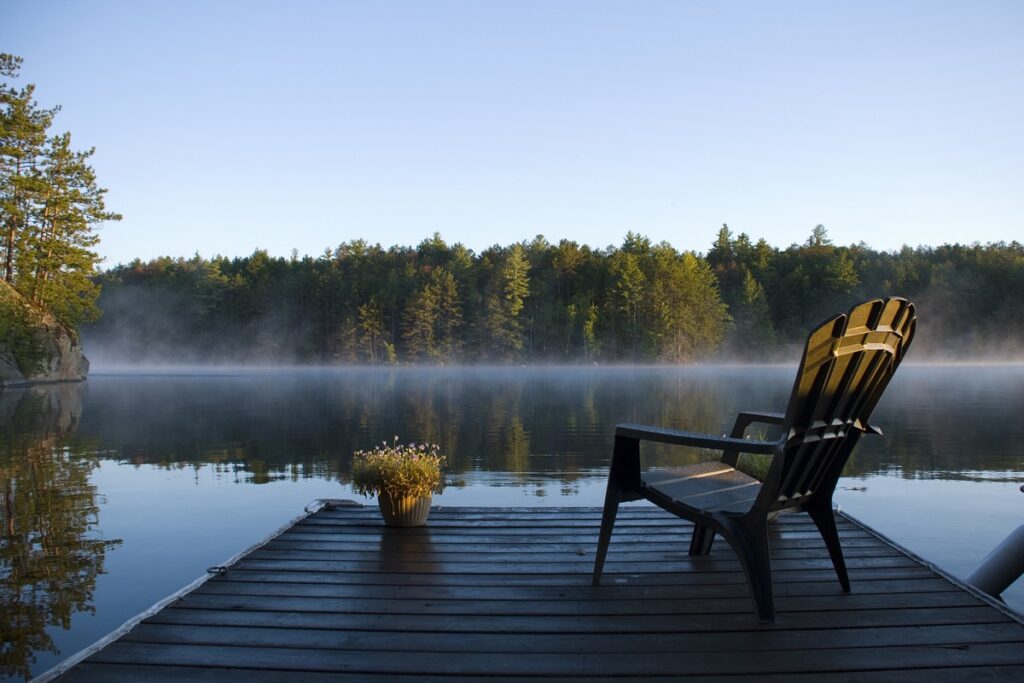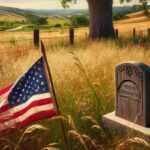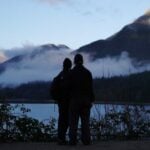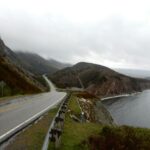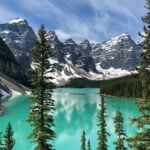Scattering ashes in Ontario is a meaningful way to honor a loved one. It’s essential to understand the region-specific rules to ensure the process is conducted respectfully and legally. Here’s a complete guide for Ontario, focusing on specific areas, along with places where scattering is prohibited.
Private Property
- Scattering ashes on private property in Ontario is legal but requires explicit permission from the property owner. Whether it’s a backyard, farm, or cottage, getting consent is key.
Public Property
- Public spaces like parks, conservation areas, and beaches often require approval from governing bodies before scattering ashes. In some cases, no formal permit is necessary, but it’s always wise to check local bylaws.
- Both national and provincial parks allow scattering in specific areas, but it’s essential to consult park management beforehand.
Ontario Waterways
- Ontario permits the scattering of ashes in waterways, including lakes, rivers, and the Great Lakes. Environmental considerations should be followed, such as using biodegradable urns.
- Scattering should be done in areas away from heavy public use, such as crowded beaches or busy boating zones.
Greater Toronto Area (GTA)/Toronto-Specific Regulations
- In the GTA and Toronto, ash scattering on public or private land requires permission from the city or the landowner.
- The City of Toronto’s Parks and Recreation department provides guidance on scattering in public parks and along the waterfront. Toronto cemeteries also offer dedicated scattering gardens for a peaceful and managed experience.
- Always verify with local authorities before proceeding to avoid legal complications.
Ottawa-Specific Regulations
- Ottawa allows scattering ashes in public spaces, but permission must be obtained from the city or the National Capital Commission (NCC) for parks and green spaces.
- Scattering ashes in the Ottawa River is permitted but should be done in accordance with environmental guidelines, avoiding areas with heavy public use.
- Many cemeteries in Ottawa also provide scattering gardens, offering a serene setting for the scattering of ashes.
Muskoka and Cottage Country
- Muskoka and other cottage country regions are popular spots for scattering ashes due to their natural beauty. However, permission is needed when scattering on private property, such as cottages or estates.
- Scattering on public lands or Crown land is typically allowed, but it’s crucial to verify with local authorities, especially in conservation areas.
- Waterways, including lakes and rivers in Muskoka, are open for scattering, but environmental best practices should be followed to respect the natural environment.
Other Notable Areas in Ontario
- Niagara Region: Similar to other areas in Ontario, you need permission from landowners to scatter ashes on private property, such as wineries or estates. Local parks and waterways may require specific approvals.
- Algonquin Park: Scattering ashes is allowed in Algonquin Park with prior permission. Be mindful of conservation efforts and avoid scattering ashes in busy or ecologically sensitive areas.
- Northern Ontario: In Northern Ontario, the vast wilderness offers numerous opportunities for scattering ashes. Crown land is generally open to scattering, but some conservation areas may have restrictions.
Where Ash Scattering is Prohibited in Ontario
- Private Property Without Permission: Scattering ashes without the landowner’s consent is illegal.
- Municipal Parks Without Approval: Some municipalities prohibit scattering ashes in urban parks or specific public areas. Always check local bylaws.
- Cemeteries Without Designation: Scattering ashes in undesignated cemetery areas or without permission from the cemetery is not allowed.
- Environmentally Sensitive Areas: Conservation areas, parks with fragile ecosystems, or designated wildlife reserves may prohibit or restrict scattering to protect the environment.
Cultural and Religious Considerations
- Ontario’s diverse population includes many cultural and religious traditions that may have specific practices for scattering ashes. Hindu, Buddhist, Indigenous, and Christian customs all have particular methods for ash scattering. Be sure to consider the cultural background of your loved one and ensure that any ash-scattering practices are carried out in alignment with local rules.
Environmental Considerations
- It’s crucial to consider the environmental impact of scattering ashes, especially in public parks, waterways, or other ecologically sensitive areas. Using biodegradable urns is recommended to minimize the environmental footprint.
- Ensure that scattering is done respectfully, avoiding busy or high-traffic areas, and be mindful of local wildlife and plant ecosystems.
Practical Tips for Scattering Ashes
- Location: Choose a location that holds meaning and check all local regulations before proceeding.
- Weather Conditions: Pay attention to wind direction, particularly in open spaces and near water, to ensure ashes are dispersed in the desired area.
- Ceremony: Consider a small ceremony or ritual that aligns with your family’s traditions and beliefs.
- Safety: Always prioritize the safety of participants, especially when scattering ashes from boats, cliffs, or challenging terrain.
By following these guidelines, you can ensure a respectful and meaningful ash scattering ceremony for your loved one in Ontario. Always consult local authorities or property owners beforehand to avoid any issues and ensure that your ceremony is conducted in a legal and environmentally conscious manner.

